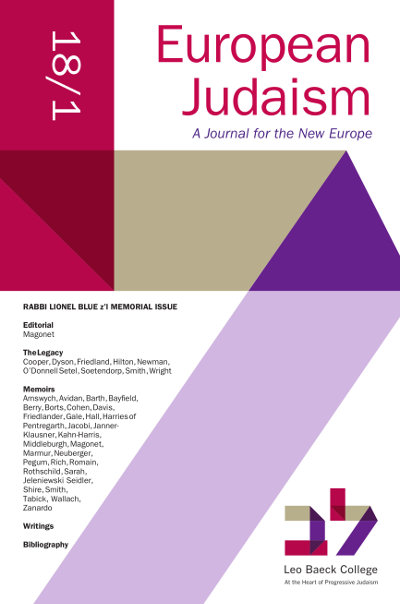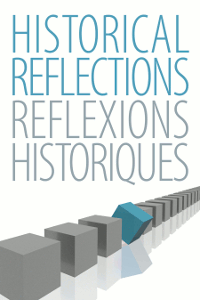 The below is a special guest post written by Ann Smith, the Managing Editor of Girlhood Studies – An Interdisciplinary Journal.
The below is a special guest post written by Ann Smith, the Managing Editor of Girlhood Studies – An Interdisciplinary Journal.
While we work with many leading scholars and well-established authors, we also encourage new and inexperienced writers to contribute to Girlhood Studies so, as the managing editor, I see my task as necessarily including a great deal of mentoring. But, how does one talk about mentorship without sounding patronising? Being a mentor in this context is not difficult, if very time-consuming; I have never yet encountered any opposition from an inexperienced contributor to my guidance and suggestions and I often preface encouraging comments about improvements and progress in the development of a ms that is gradually becoming suitable for publication with a statement like: “I don’t mean to sound patronising but I do want to tell you how much better this version is” or something similar. Without exception so far, these authors voice gratitude and are willing to do whatever it takes. But being a mentor and talking about this process are two very different things.
When I say that I have mentored authors whose command of English indicates that this is their second (if not third) language I am already sounding like a colonial authority! There are many Englishes spoken around the world but I have to insist on a level of what might be called white Western English. When I describe an author’s command of academic language as poor or lacking I am insisting that she or he write in a way that is acceptable to a very tiny minority of readers. I find that hard to justify here although I know that what I am doing is the right thing to do in this particular context of editing an academic journal.
It is much easier to use an unoffending agentless passive voice construction to suggest to an author that a thesis put forward, say, in her abstract is being contradicted later in the article than it is to say here—in the brutally declarative active voice—that some authors appear to lack logic and seem to be unable to argue conclusively, true as this might be. And, in the work of new and inexperienced authors, it is easier to correct the misplaced modifiers (of which there have been very many over the years) and fix the incorrect punctuation (that seems to me to be endemic) than it is to say here that some writers have a poor grasp of basic English grammar.
But then, luckily, I am not often called upon to articulate why this mentoring is necessary; I just do it and the best part of it falls outside of any theorising—the recognition that Girlhood Studies has functioned as a launching pad for authors who are on their way to becoming the next generation of leading scholars, and that I have played a role in this process.
by Ann Smith, Managing Editor of Girlhood Studies
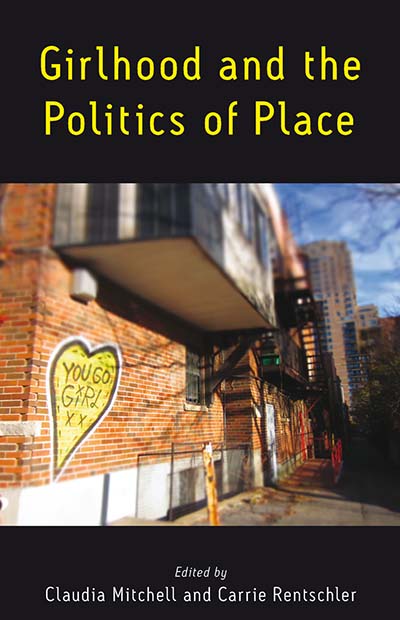 GIRLHOOD AND THE POLITICS OF PLACE
GIRLHOOD AND THE POLITICS OF PLACE
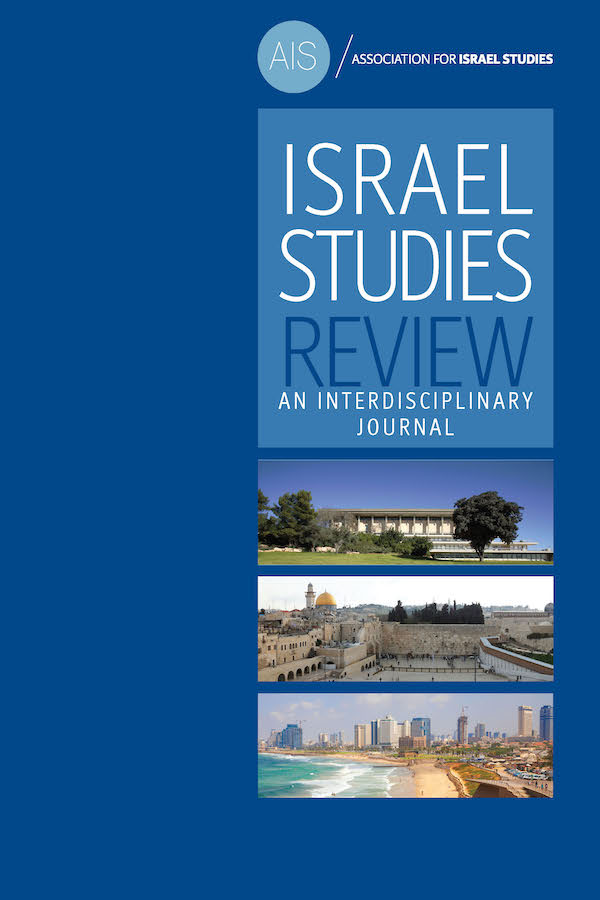

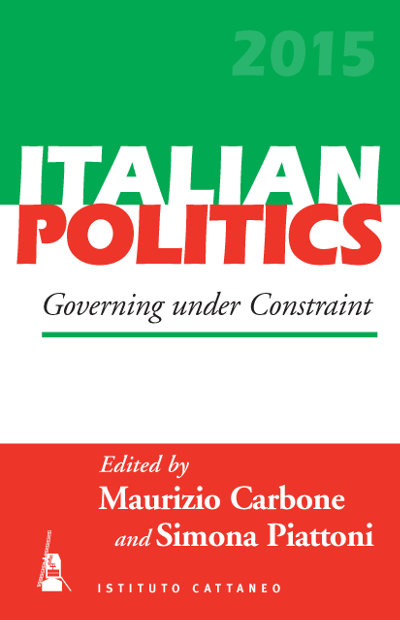

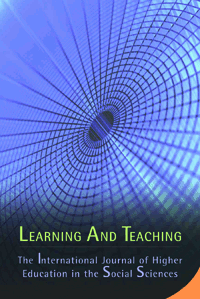

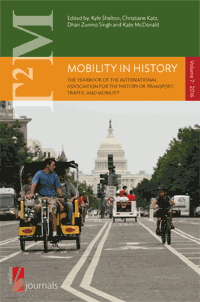


 The United Nations’ (UN)
The United Nations’ (UN) 